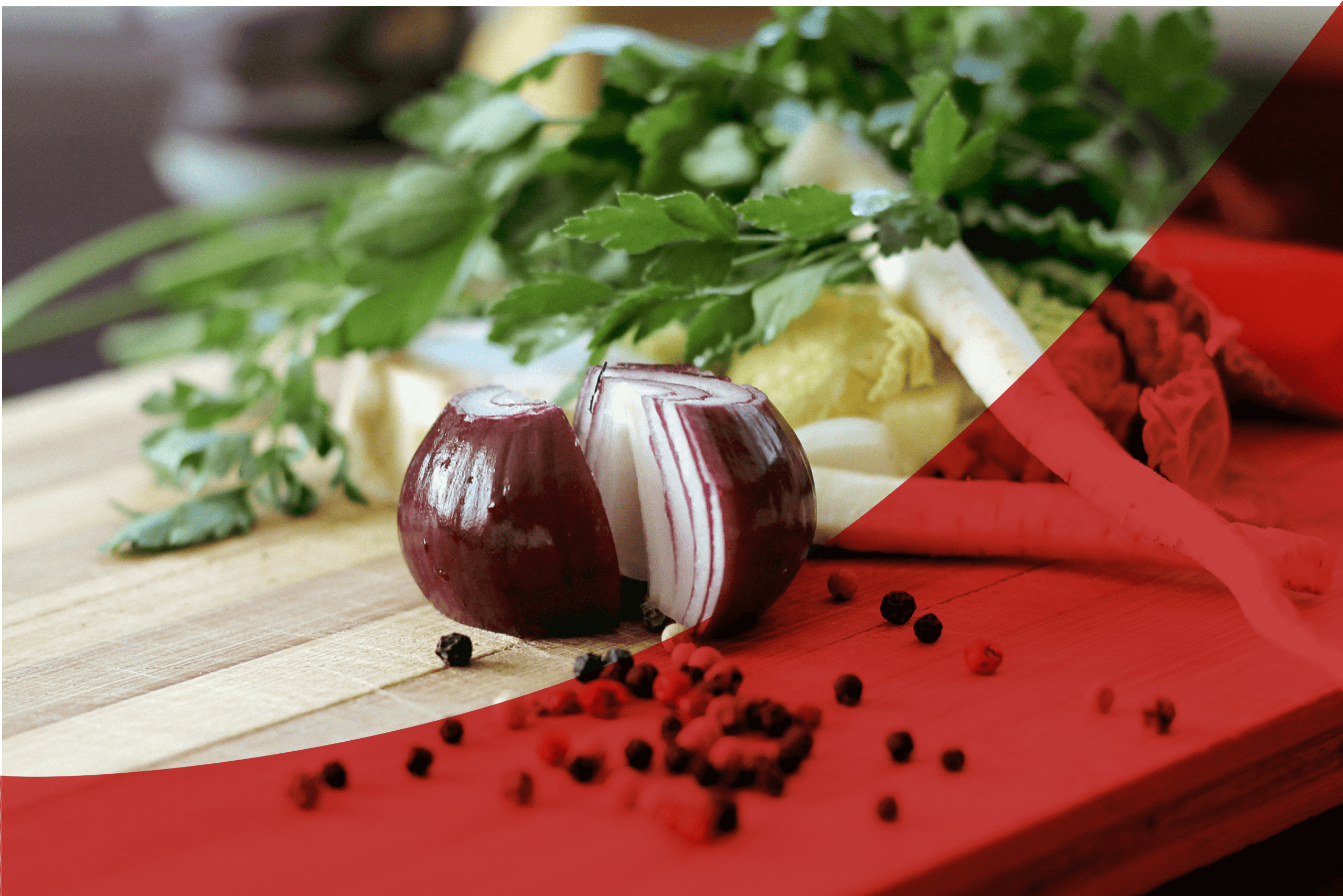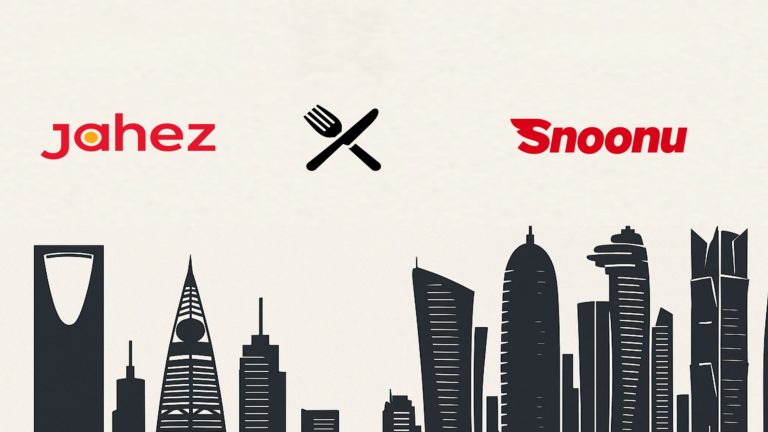1. Dark Kitchens within FoodTech are seeing massive traction in MENA and will represent a USD 2 Bn+ opportunity in the next 3 years…
Want to evaluate new investment and M&A opportunities?
MENA Dark Kitchens GMV USD Bn, 2018 – 2025 (F)
When the initial waves of the virus subsided and countries in the Middle East eased out movement restrictions, consumers retained their share of ordering food online and changed the preference for their favourite restaurant brands basis pricing, taste, and packaging rather than their offline experience. This allowed dark kitchens to promote their low cost-high yield food preparation mechanism focused only on online food delivery orders. Dark kitchens leveraged technology and operational efficiency to cut down on capital and operational expense on food preparation by making food faster, cheaper, and with comparatively less space for operations compared to a traditional restaurant. This segment would represent a massive USD 2Bn+ opportunity in the next 3 years.
2. Driven by the mature FoodTech eco-system in the region aided by a well-developed underlying Food Services Industry
MENA Food-tech Market penetration, % penetration, 2021
The Food Services industry in the MENA region and more specifically in UAE & KSA is relatively more evolved from a supply chain standpoint and also digitally mature, aiding rapid adoption of FoodTech over the years. The penetration of the FoodTech industry in MENA is higher than other emerging markets like SEA and India.
3. Dark Kitchens would account for 13%+ of the FoodTech market in 2025 the penetration would be significantly higher in UAE & KSA
MENA Food-tech Market Split, USD Bn, 2018 – 2025 (F)
Dark Kitchens have been becoming more prominent within the mix of FoodTech and would represent 13% of the FoodTech market in 2025. The segment has been making huge gains over the last couple of years with leading players raising massive funding rounds and expanding their footprint both organically and inorganically.
4. Within MENA, UAE sets an example for Dark Kitchen adoption
Online Food Delivery Adoption by Restaurants, Dubai, 2021
The awareness and adoption of FoodTech as a natural extension to the offline business has risen materially thanks to the pandemic. In early 2020, with offline sales plummeting across the region due to the pandemic, many restaurants were sceptical of the long-term benefits of enabling a dark kitchen for their brands. Enabling sales either offline or online needs physical food preparation and the restaurant struggled to maintain their operational expense of running the kitchen when there were no dine-in consumers. Some restaurants adopted the dark kitchens to tap on the rise of online orders, others continued to stay shut or not invest further in a dark kitchen while already struggling to maintain their dine-ins profitable.
However, now, it appears that the leading players in the dark kitchens business have integrated all sorts of brands – from international franchises to the local delights which signifies that now restaurants are more open to partnering with Dark Kitchens and realise the immense value creation that is possible in the model.
5. Reef Technologies & Kitopi are the two dominant players in the region and are rapidly expanding their footprint
Top Players in Dark Kitchens, 2022
Reef Technologies and Kitopi are two leading players in the space. Both players have raised large funding rounds recently and are leveraging partnerships to expand their footprint quickly. Kitopi, which now operates more than 75 kitchens across the Middle East is already preparing food for big brands like Papa John’s and Jollibee and serves roughly 60-70 brands per kitchen. Kitopi is looking to drive its next phase of growth by building a network of the best local, regional, and international brands that have synergy with Kitopi’s operating platform. It has begun its initial investment in five major F&B groups namely: Cloud Restaurants, Leap Nation, Right Bite, Under500, and Ichiban. Reef Technologies has partnered with the Americana Group, one of the largest food manufacturing and distribution companies in the Middle East. Americana Group owns exclusive franchise rights for the management and operation of over 1,950 restaurants representing some of the world’s leading food and beverage brands including KFC, Pizza Hut, Hardee’s, Krispy Kreme among others.








